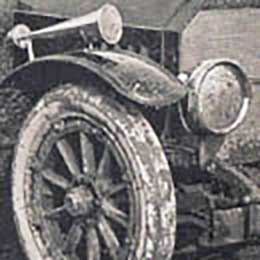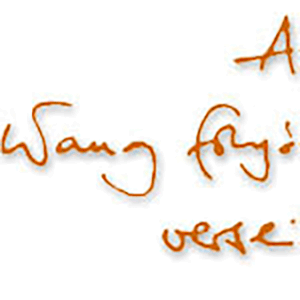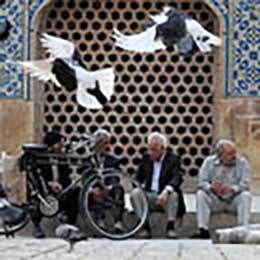




































 of the castle of Tompa, near to the Serbian border. The church was built in 1905 by Baron Béla Redl – unrelated to Colonel Redl – as a reduced-scale copy of the Matthias Cathedral in Buda, and was equipped with precious objects of art brought from all over Europe. The 1908 edition of Szalon Újság mentions its richness with awe. The walls are covered with marble from Carrara, the altarpieces are Italian Renaissance paintings, and the Byzantine column of red porphyry from Egypt supporting the pulpit was paid for with one year’s full income on the wheat in all the estates of the Baron. These three late Gothic wooden statues were also purchased in Italy.
of the castle of Tompa, near to the Serbian border. The church was built in 1905 by Baron Béla Redl – unrelated to Colonel Redl – as a reduced-scale copy of the Matthias Cathedral in Buda, and was equipped with precious objects of art brought from all over Europe. The 1908 edition of Szalon Újság mentions its richness with awe. The walls are covered with marble from Carrara, the altarpieces are Italian Renaissance paintings, and the Byzantine column of red porphyry from Egypt supporting the pulpit was paid for with one year’s full income on the wheat in all the estates of the Baron. These three late Gothic wooden statues were also purchased in Italy.I still saw them on their place in the church. We were there at the beginning of the 90s, during a survey of historical monuments. The abandoned castle and church standing in the middle of the farmlands were already in bad conditions. The guard came out from the nearby town of Tompa which at the time of the church’s building was only a farmstead. Baron Redl built there the school of his estates where he himself was the teacher in the first school year. The school-farm developed into a village – and lately into a town of five thousand inhabitants – only after the new state border in 1920 was drawn four kilometers below it, cutting the region off its natural center, the city of Szabadka (now Subotica) some fifteen kilometers to the South.
The heir of Baron Redl, Baron Endre Podmaniczky was a great charmer, a sociable man and an excellent card-player, the guard counted to us. In 1920 the French military commission assigned to establish the new border was quartered in his castle. The Baron invited the French officers to play cards. His stake was cash, while that of the French were his estates to be annexed to the Kingdom of Serbs, Croats and Slovenes (from 1929 Yugoslavia). They played all night along, and the Baron gradually pushed the border more and more southwards. Finally, by the daybreak the castle and the church too came back to Hungary. “Gentlemen, it’s getting late. Let us retire to rest”, proposed then the Baron.






















































































































































































Add comment